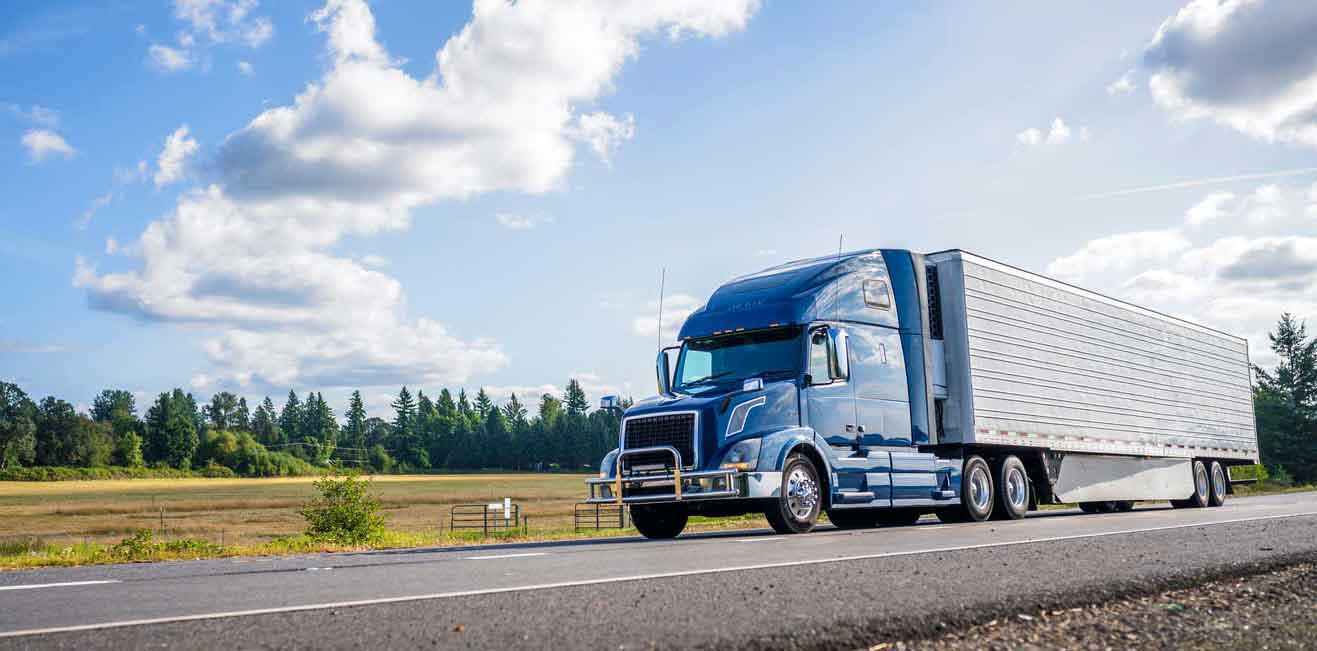
The Trucking Industry plays a significant role in the US Economy, providing essential goods to people daily. This article outlines things to know about the trucking industry.
What is the Trucking Industry?
The trucking industry operates within the service sector. Trucking is vital, transporting raw materials and finished goods. Operations range from single-truck owner-operators to large companies. While there are many modes of transportation, the two main modes of transportation is Less-than-Truckload (LTL) and full Truckload.
LTL carriers require heavy infrastructure, including terminals, trailers, various truck equipment, forklifts, and much more. These types of trucking companies are consolidated, with the top 10 taking up % of market share in the industry. The overall service of these carriers includes moving freight shipments that do not take up a full trailer.
Truckload carriers have a different story of LTL Carriers. These carriers rent entire trailers, moving goods from point A to point B for shippers. If someone has a truck, trailer, and necessary requirements, they are considered a truckload carrier moving freight. In comparison to LTL’s top 10 making up % of market share, the top 10 truckload carriers make up % of the market share.
How is the Trucking Industry Important to the Economy?
There will always be a need to move goods from one location to another. Trucking enables companies to move goods without buying costly equipment or hiring in-house drivers. Most products, like food and medicine, pass through freight and trucking en route to destinations..
What is Freight?
The meaning of “freight” varies depending on who is using the term. However, freight includes the cargo in transit, the payment for transportation, and the process of shipping goods. If a shipment exceeds a small box, weighs over 100 lbs, or needs extra handling, it’s freight.
How is Freight Priced?
Typically, freight charges consist of three separate line items: Linehaul, Fuel Surcharge, and Accessorial.
- Linehaul: This is the fee for transporting goods from one Zip code to another, usually calculated based on a per-mile rate.
- Fuel Surcharge: This charge helps cover fuel costs, often determined by a negotiated rate table that considers current fuel prices and total miles traveled.
- Accessorial: Accessorial charges outline any additional services or fees, typically negotiated at a fixed or percentage rate depending on the specific service and carrier.
Rules and Regulations
To ensure safety when transporting goods, there are rules and regulations to govern how a trucking carrier can operate. Failure to comply with rules and regulations may result in a fine penalty, and/or revocation or suspension of an operating authority for a carrier.
Partnering with good-faith carriers is highly important for a shipper to avoid risks. Properly screening and vetting carrier partners should be an onboarding task before working with any carrier. Shippers should verify insurance coverage, an Active MC# and/or operating authority, and no prior convictions are on a carrier.
Partner with an Expert Who Knows the Industry
While this guide is a good start on things to know about the trucking industry, there is a lot more to know. Industry experts, such as TLI, help shippers navigate the industry efficiently. Our industry experts have helped numerous shippers with industry advice, expert routing, and passing knowledge onto their operations. Partner with TLI today to have an expert in your corner.
